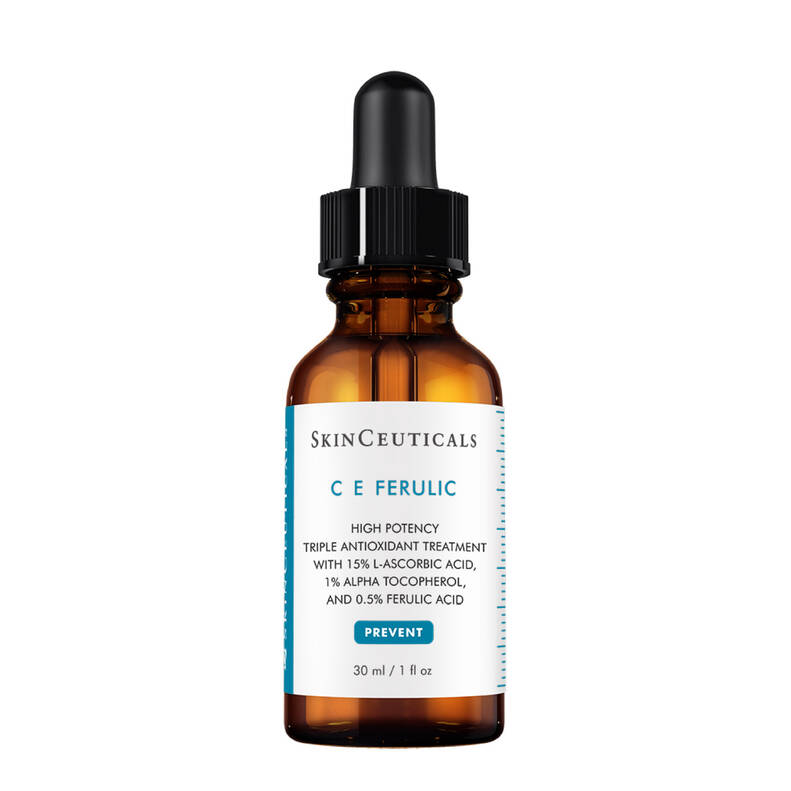As with most vitamins, we know they are good for us and we may even know that vitamin E is an antioxidant which helps to maintain healthy skin, but do we understand why?
What is vitamin E?
Vitamin E is the collective name for a group of fat-soluble compounds with distinctive antioxidant properties1. It was discovered in 1922 by Herbert M Evans and Katherine Bishop, isolated in 1935 and fully characterised in 19361. It can be found in many foods, for example2:
Olive oil
Nuts Seeds
Cereals
Vitamin E on skin
Although naturally found in food, vitamin E has also been used for over 50 years in skincare1. The topical use of products containing vitamin E can be beneficial to maintaining a healthy skin appearance. It is available in cream form and as an oil, and is added to many cosmetic products including anti-ageing creams, eye serums, sunscreens and make-up3.
Benefits of vitamin E in skincare
Vitamin E keeps our skin healthy by3:
Acting as an antioxidant
Boosting the immune system
Moisturising Reducing signs of ageing
Antioxidant properties
Vitamin E protects the skin from the damaging effects of free radicals1. Free radicals are natural biological compounds formed when our bodies convert the food we eat into energy4. We are also exposed to free radicals in the environment from cigarette smoke, air pollution and ultraviolet light from the sun, all of which have damaging effects to the skin4.
The free radical molecules contain an unshared electron, making them highly energetic and react rapidly to form Reactive Oxygen Species (ROS)4. The ROS try to grab electrons from atoms in the skin, causing damage to skin’s DNA, which results in the ‘speeding up’ of the skin ageing process4,5.
Antioxidants help protect cells from these damaging effects and specifically vitamin E acts to neutralise the production of ROS when fat undergoes oxidation4.
Immune system boost
The body also uses vitamin E to boost its immune system to fight off invading bacteria and viruses. The vitamin E found in cellular membranes serves as a primary defence against potentially harmful oxidation reactions6. It also helps to widen blood vessels and keep blood from clotting within them4. This essential nutrient with anti-inflammatory properties helps to support the immune system and cell function as well as skin
Moisturising effect
Vitamin E is stored within the sebaceous glands of the skin which secrete an oily or waxy matter called sebum3. When applied topically, it boosts our levels of vitamin E within these glands, increasing sebum production which helps lubricate and waterproof our skin and hair3. It therefore acts as a useful moisturiser for dry skin areas such as cuticles and elbows3.
Anti-ageing effect
We all know that ultraviolet light from the sun damages our skin and speeds up the ageing process. UV light reduces vitamin E levels in the skin and creates free radicals and ROS, causing damage to the proteins and cells that form skin3.
Vitamin E levels also decrease with age3. By topically applying vitamin E, we can help boost our skin’s vitamin E levels and help protect skin from the damaging free radicals caused by sun exposure3.
So, vitamin E is a powerful antioxidant which when used topically can help nourish and protect skin from damaging free-radicals. Pretty radical.

